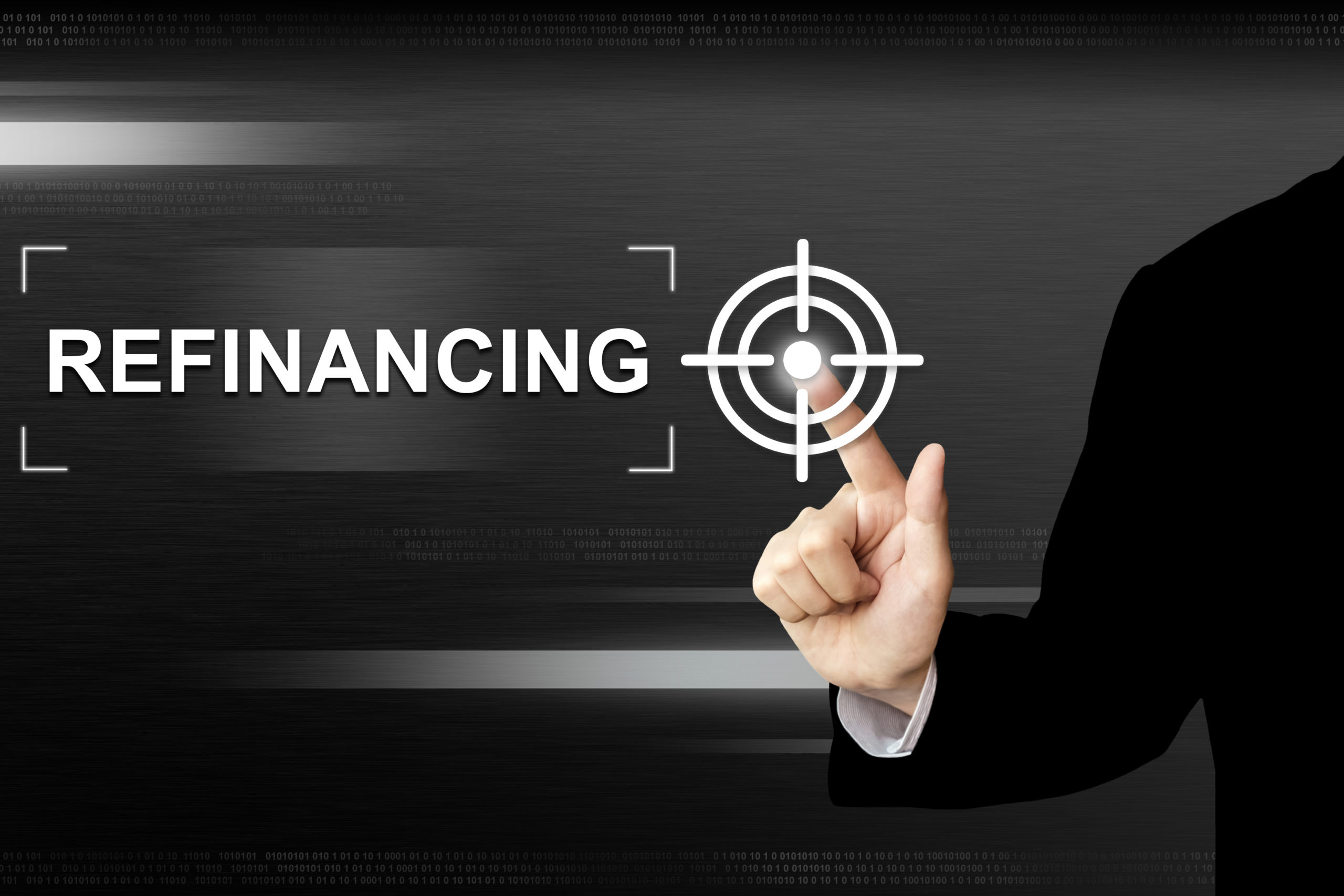THE INS AND OUTS OF REFINANCING A CAR LOAN: WHAT EVERYONE NEEDS TO KNOW BEFORE THEY DECIDE TO DO IT
So, it’s time to begin refinancing the car loan. The payments are becoming just too much to handle. There’s no other way out. Before some of you make that call to the bank or creditor, there are some things that everyone needs to know.
If the person has a credit score of 650 or lower, it may be quite difficult to refinance. Those who fall into this category will have a hard time getting a new car loan. Not to say it’s impossible, but it’s going to take a lot of effort.
1) The first thing a person needs to do is consult with an expert. You can find a financial expert by doing a quick Google search for one in your area. Talk to those who have done this before. Friends and family are great for this sort of conversation. Find out who they used and if they are happy with their decision. Their opinions might just be beneficial and could save you money.
2) Take some time and research all of the available lenders. Don’t just choose someone based on their marketing and advertising appeal. Don’t just go for someone because they offer the first available low-interest rate. Really do some research on this before you make any decisions. The idea is to compile a list of the lenders who offer the lowest rates. Once this is done, talk to each one personally. Find out what they offer and if they can sweeten the deal with extras. Let them know you are looking at other lenders as well. Just because they offer their services in a pretty little box with a bow, that doesn’t mean it’s going to be the right fit for you.
3) As it was mentioned above, please do a credit check on yourself first. Never refinance if the credit score is below 600. Yes, there are some bad credit programs to get into. They won’t really give a person what they need. All it will do is end up costing the person more in the long run because of super high-interest rates. You can get your credit reports and find out your credit score by visiting www.annualcreditreport.com
4) Take a look at what is happening currently in your financial and personal life. Is it going to be affordable to refinance? Is all the paperwork in tow and organized? How long will it take to pay it all back? These questions and many more are a big deal and they need to be thought about and discussed. This financial move is a really big deal.
Most banks and lenders will not work with a person who is already late on their payments. They also won’t work with someone who is taking forever to get it all paid back, including both principal and interest. So don’t be surprised if you are unable to refinance at this time. Work on increasing your credit score, paying down debt, and other beneficial financial moves.
THE INS AND OUTS OF REFINANCING A HOME LOAN: WHAT EVERYONE NEEDS TO KNOW BEFORE THEY DECIDE TO DO IT
For everyone who has borrowed money for a home loan this year, you may want to frame that awesomely low-interest rate on the wall. The Federal Reserve has recently taken steps that have decreased interest rates on 30-year-fixed mortgage loans from around 6%-6.5% just 4 short years ago to today’s new lows of around 3.5%-3.8%. Millions of Americans who can borrow are jumping at the chance, by taking out new home loans and refinancing their existing mortgages to lower rates.
Refinancing has become an enticing option for those with a high-interest rate on their current mortgage. So, how do you know if it is the right option for you? Well, here are some pros and cons of refinancing your existing home loan:
PROS:
- You may be able to take advantage of lower interest rates which will save you money.
- You may be able to extend the repayment period of the mortgage. You will end up paying more in interest charges for this, but it will reduce your monthly payment amount.
- You may be able to switch from a variable rate mortgage to a fixed rate mortgage, possibly protecting yourself from future potential rate increases.
- You may also be able to increase the amount of your mortgage, to pay off higher interest rate liabilities such as credit card debt, personal loan debt etc. This will enable you to save money on interest charges by paying off these debts.
CONS:
- If you choose to borrow more than your existing mortgage, you will need to pay close attention to your budget. If you default on your payments, you will run the risk of losing your house.
- If you improperly calculate the costs involved with refinancing, you could end up paying more in interest charges. Thoroughly review the contract of your existing loan—an early payout could involve a penalty fee that could negate the benefits of refinancing.
Conclusion –
As with any major financial decision, get as much information as possible so that you can make an informed decision. Talk in-depth to the new loan provider and also with your current loan service company to find out if there are any hidden fees or extras. Remember that information is power. Don’t go into this blindly because it’s a big decision!
If you need Housing Counseling such as Pre-Purchase Counseling or Foreclosure Prevention Counseling, please feel free to give us a call today at 1-866-699-2227 or visit us online at https://www.advantageccs.org/services/housing-counseling
